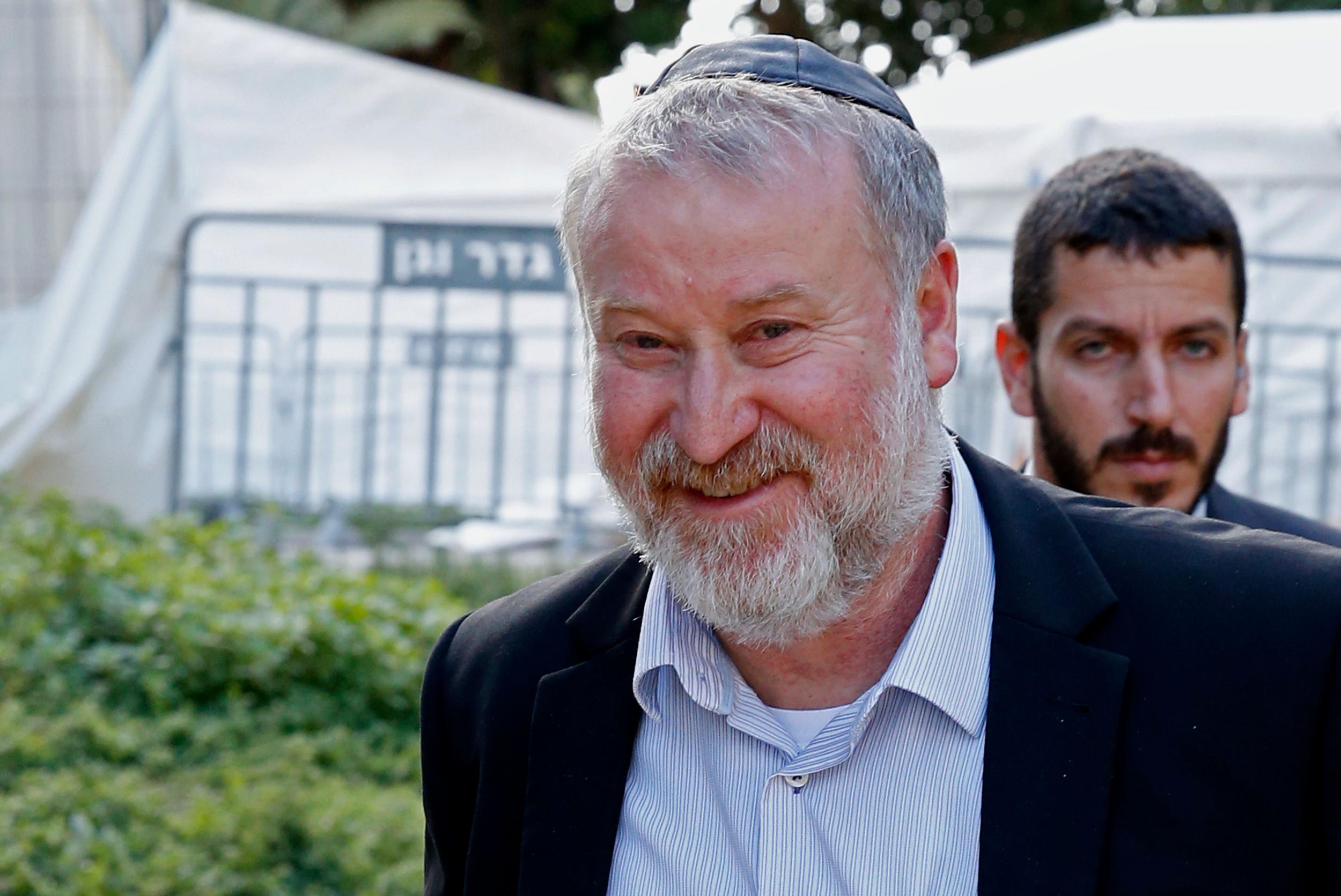Netanyahu’s lawyers to meet Israel’s attorney-general calling for delay on possible corruption charges
Prime minister’s legal team hopes to convince Avichai Mandelblit to postpone decision on indictment until after elections are over in April

The legal team of Israeli prime minister Benjamin Netanyahu is set to meet the country’s attorney-general on Monday to urge him to delay a decision on whether to indict the leader on corruption charges until after the upcoming elections.
The meeting comes just days after Avichai Mandelblit appeared to reject a written plea for a postponement, saying the work on three potential corruption cases against Mr Netanyahu had begun before the snap polls were called.
Mr Mandelblit has yet to confirm when he will make his decision public, but it is widely expected to occur in the coming weeks, while all political party lists are being set.
It could seriously harm the prime minister’s chances of building electoral alliances and his performance in the vote, which is due to take place on 9 April.
On Monday Israeli media reported that despite the attorney-general’s initial rejection of Mr Netanyahu’s delay request, he agreed to meet the leader’s lawyers to discuss the matter.
The Jerusalem Post reported that the meeting was not an indication that the state prosecutor intended to change the timing of his long-awaited announcement but rather was a show of respect to the leader.
The paper added that Mr Mandelblit said on Thursday night his office would ignore any attacks on it by the prime minister, reiterating that he would make his decisions based only on the facts.
Mr Netanyahu’s right-wing Likud party responded saying that the premier is not “messaging against the attorney-general, he is merely requesting a fair process, as every citizen deserves.”
The state prosecutor is widely expected to indict Mr Netanyahu in at least two of the cases against him, dubbed Case 4,000 and Case 1,000.
In Case 4,000, or the Bezeq affair, the police have alleged that Mr Netanyahu granted regulatory favours to Israel’s leading telecommunications company, Bezeq, in return for more positive coverage on Walla, a news website belonging to the firm’s owner.
Case 1,000 argues he received expensive gifts from wealthy friends.
The attorney-general’s opinion on the third case is still unknown. That focuses on suspicions Mr Netanyahu negotiated a deal with the Yedioth Ahronoth newspaper for better coverage in return for promises to limit the circulation of a rival.
Mr Netanyahu has repeatedly denied the allegations. Earlier this month he professed his innocence in a televised speech where he demanded to be allowed to confront the state’s witnesses against him, claiming he has been subjected to a political witch-hunt.

Despite the pending cases, Mr Netanyahu’s Likud party is still leading most of the polls. The latest published last week by the Israeli broadcasting company said that the party would likely secure 32 seats in the 120-seat Knesset, with Benny Gantz’s Israel Resilience party coming second, with just 13.
The elections were initially billed for November, but last month Mr Netanyahu called snap elections for April.
Join our commenting forum
Join thought-provoking conversations, follow other Independent readers and see their replies
Comments
Bookmark popover
Removed from bookmarks